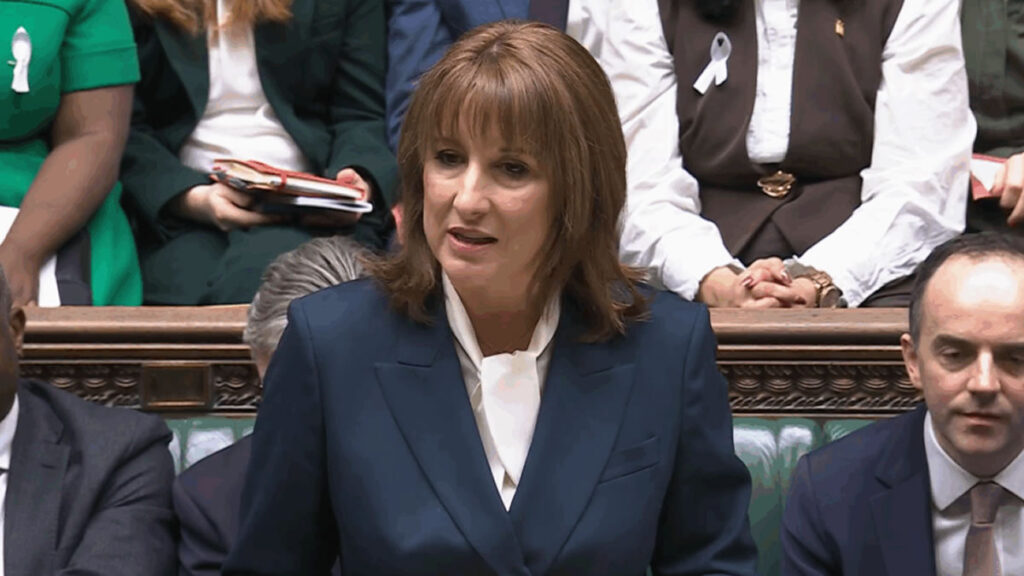In the UK Government's Autumn Budget 2025, Chancellor Rachel Reeves confirmed a significant reversal on proposed landfill tax reforms, alongside new measures to enforce vape regulations and updates on plastic packaging taxes. The Treasury has decided not to proceed with plans to converge the standard and lower rates of landfill tax, a move that had faced strong opposition from industry leaders.
Originally, the government explored abolishing the lower rate to prevent waste misclassification, but the construction sector warned this would impose "crippling costs" and hinder housing development. Consequently, the two rates will remain, and the exemption for backfilling quarries is retained. Mark Russell, Executive Director at the Mineral Products Association (MPA), welcomed the decision as a "real relief," noting it avoids severe impacts on the economy and construction.
Regarding the Plastic Packaging Tax (PPT), rates will rise with CPI inflation in 2026-27. The government also plans a consultation on mandatory certification for recycled packaging in early 2026 and will allow chemically recycled plastic to qualify for PPT exemptions via mass balance allocation from April 2027. However, some industry voices, like Gavin Graveson of Veolia UK and Ireland, expressed disappointment that the PPT wasn't increased more aggressively to spur investment in recycling infrastructure.
A major focus of the budget is the crackdown on illegal single-use vapes, following the ban introduced on June 1, 2025. To combat illicit supply chains and tax evasion, a Vaping Duty Stamps Scheme will come into force on October 1, 2026. This will require all UK-manufactured or imported vape products to carry duty stamps for immediate identification of legal goods. The budget also promises increased high street enforcement against non-compliant vapes. James Lowman of the Association of Convenience Stores welcomed the move but emphasized that new powers must be backed by sufficient resources for Trading Standards officers to be effective against rogue traders.
Additionally, the budget outlines funding for Defra, including grants to help public bodies remediate land where landfill tax barriers exist, aiming to unlock land for redevelopment despite an overall reduction in the department's total spending.

Digital Content Creator & Vape Industry Analyst
Jake Miller is a prominent voice in the American vaping community, known for his transparent, tech-focused approach to harm reduction and hardware innovation. With over six years of experience in the industry, Tyler transitioned from a hobbyist to a full-time content creator, building a loyal following through his unfiltered reviews and deep-dive technical tutorials.




